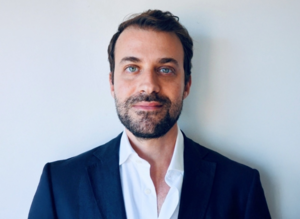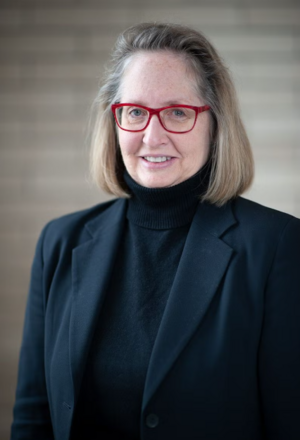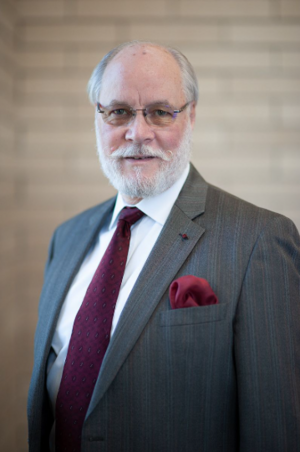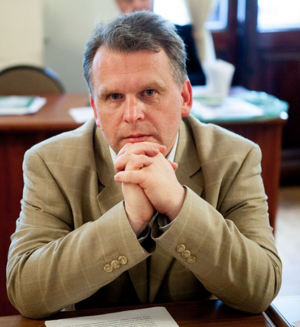Filippo Costa Buranelli
Filippo Costa Buranelli is Senior Lecturer (Associate Professor) in International Relations at the University of St Andrews where he is also Associate Fellow at the Centre for Global Law and Governance. His interests include International Relations theory, international history, global governance, Eurasian politics, and comparative regionalism. His works have appeared in International Studies Quarterly, European Journal of International Relations, Geopolitics, and Millennium: Journal of International Studies among other outlets. He is currently Land Steiermark Senior Fellow at Uni-Graz and serves as senior advisor to the Ministry of Foreign Affairs of Italy on relations with Central Asia.

Tamra Pearson d'Estrée
Tamra Pearson d’Estrée is Professor of Conflict Resolution in the Josef Korbel School of International Studies. Her research interests include identity and interaction dimensions of intergroup conflicts, reconciliation, peacebuilding, Track Two diplomacy, and processes for intergroup conflict resolution, particularly in the Middle East, Anatolia, and the Caucasus, where she also has engaged in conflict resolution practice. Her current peacebuilding research explores the benefits and pitfalls of environmental peacebuilding. Her current policy research explores how immigrant integration policies and frameworks interact with community attitudes and behavior toward Muslim immigrants. She also teaches and does research on collaborative processes of environmental policy formation and implementation. Other research interests include the evaluation of international, community, and environmental conflict resolution. In addition to numerous book chapters and journal articles, she is co-author, with Bonnie G. Colby, of Braving the Currents: Evaluating Conflict Resolution in the River Basins of the American West (Springer), co-editor, with Ruth Parsons, of Cultural Encounters and Emergent Practices in Conflict Resolution Capacity-Building (Palgrave Macmillan), and editor of New Directions in Peacebuilding Evaluation (Rowman & Littlefield) and Shifting Protracted Conflict Systems Through Local Interactions: Extending Kelman’s Legacy (Routledge). She also coordinates DU’s Conflict Engagement and Resolution Initiative. She has a PhD in Social Psychology from Harvard University.

Claude P. d'Estrée
Professor Claude d’Estrée, M.T.S., J.D., (Teaching Professor) is the Founder and Director of the Human Trafficking Center (HTC), Director of the Center on Human Rights Education (COHRE), and former Director of the International Human Rights Degree Program at the Josef Korbel School of International Studies. He is also the Co-Director of the Interdisciplinary Certificate Program in International Law and Human Rights (Korbel School and Sturm College of Law), as well as the Buddhist Chaplain at the University of Denver. Established in 2002, HTC offers the only two-year, graduate level training program on forced labour, human trafficking, modern slavery, and international labour migration issues in the U.S. HTC was named by The Protection Project at Johns Hopkins University in its “100 Best Practices in Combating Trafficking in Persons: The Role of Civil Society” as the only program of its kind in the world. In October, 2007 Professor d’Estrée was elected as the Chief Delegate to the IOM/UNODC (International Organization on Migration/U.N. Office on Drugs and Crime) “International Forum: Global Inter-Faith Dialog” in Cape Town that preceded the UN.GIFT Vienna Forum in February, 2007. He was then named as the UN.GIFT Special Rapporteur for Inter-Faith Response to Human Trafficking. In 2013 he was a Fellow at Yale University’s Gilder Lehrman Center for the Study of Slavery, Resistance, and Abolition.
COHRE focuses its attention on advocating the implementation of the ICESCR (U.N. International Covenant on Economic, Social, and Cultural Rights) through education and research. Its last three Spring Symposia were on the right to water, the right to education, and indigenous rights.
Prof. d’Estrée’s other main area of interests are International Humanitarian Law of Armed Conflict (IHL/LOAC), torture and climate justice/climate refugees. He has been teaching a stand-alone IHL/LOAC course for eight years, as well as a special seminar on “Torture.”
He is a graduate of Harvard Divinity School where he studied comparative religion and was appointed as the first Buddhist Chaplain at Harvard University by His Holiness the 14th Dalai Lama. He is a graduate of Northeastern University School of Law where he focused on critical legal studies and prisoner’s rights and the Program on Negotiation (PON) at Harvard Law School. Before coming to the University of Denver he was at the U.S. Attorney’s Office in Washington, DC.

Mikhail Antonov
Mikhail Antonov is Professor of Law associated with the Law Faculty at the National Research University “Higher School of Economics” (Saint Petersburg) where he teaches legal theory and comparative law. He is also an Executive Director of the Russian Yearbook for Legal Theory. He studied law in Paris, Leiden and St. Petersburg. Additionally, other professional and fellowship positions have led him to Washington, Cologne and Tartu. In his research activities, Mikhail Antonov focuses on legal thought and political culture in Russia, contextualized against the background of human rights and competing ideas of State sovereignty. Professor Antonov is also a permanent member of the editorial board of the Review of Central and East European Law and has recently published his opus magnum titled Formalism, Decisionism and Conservatism in Russian Law (Brill Nijhoff, 2021) in the book series “Law in Eastern Europe” (co-edited by Benedikt Harzl and Joseph Marko).
